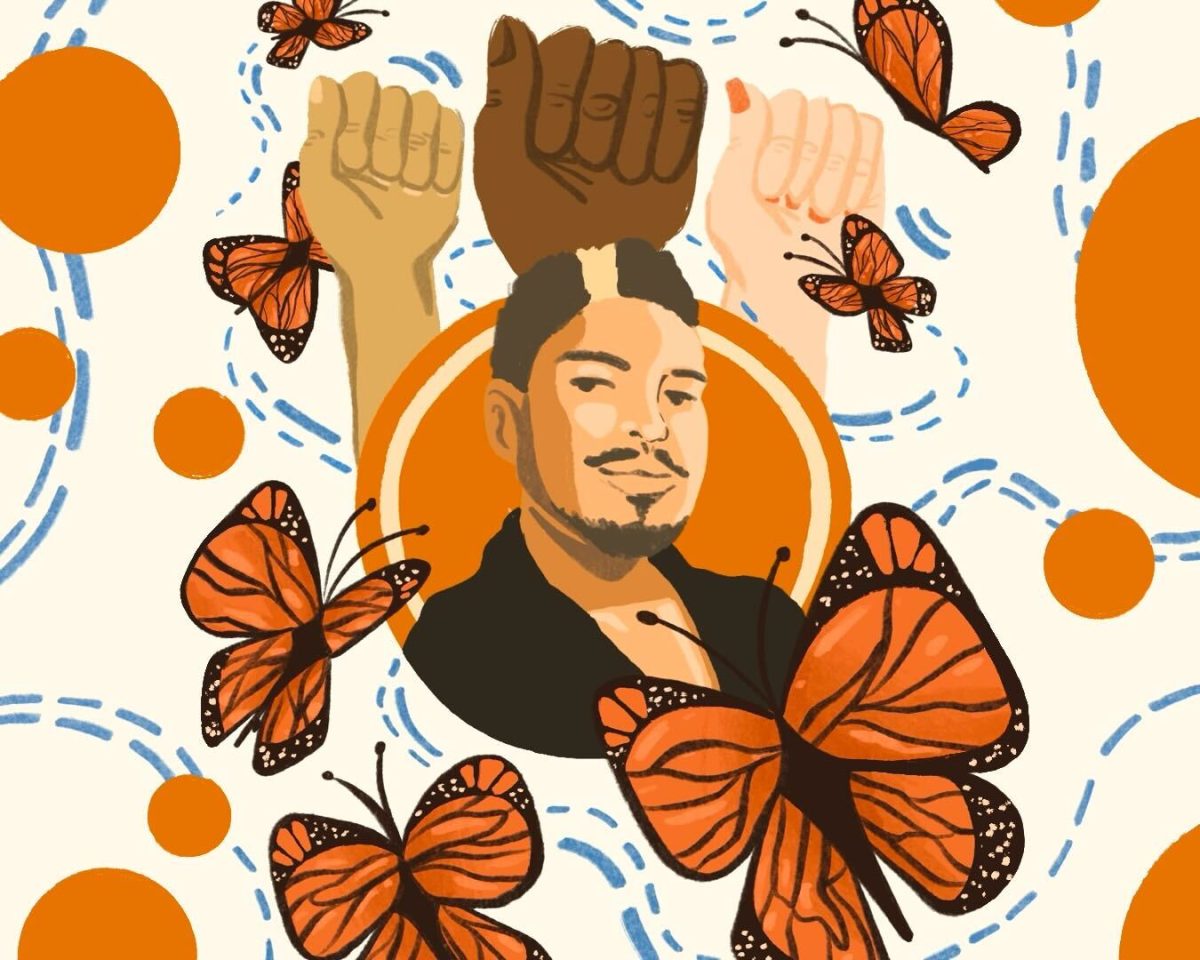The Dream Center hosted a workshop in collaboration with the Sociology, Chicano/a Studies and Asian American Studies Department, providing tools and resources on immigrant rights.
Empowering Our Immigrant Communities at CSUN & Beyond, held on March 26 at the USU Thousand Oaks Room, discussed the key elements of staying involved, advocating and sharing important information beneficial to those who are documented and undocumented.
The information included tips on interacting with ICE officers and guidance on identifying false court documents or warrants. The workshop also covered staying informed about policy changes implemented during the Trump Administration.
Immigrant and Worker Rights Movement Activist and guest speaker, Edwin Soto Saucedo, shared his journey as an undocumented student who visited the DREAM Center and advocated with Dreams to be Heard, The Coalition for Humane Immigrant Rights (CHIRLA) and several other organizations created to support the immigrant community.
One of the services the DREAM Center offers is the Central American Resource Center (CARECEN), a college legal service that offers students, staff and immediate family free or affordable immigration legal services, such as DACA renewals and Advanced Parole applications.
Irvin Rendon, DREAM Center manager and event host knows that undocumented students are fearful of the future, which is why he felt it necessary to reinforce immigration awareness events.
“We wanted to bring folks together and [inform] them about their rights and spread it out,” said Rendon. “…Help spread this to support and empower the immigrant community.”
During his presentation, Saucedo emphasized the importance of knowing the rights of an undocumented individual, as being aware of crucial rights can prevent the undocumented community from accidentally self-deporting.
Noted rights include the right to refuse to speak to an ICE agent without a lawyer present and learning the difference between a judicial warrant and an administrative order. A judicial warrant allows ICE to enter a home and is signed by a judge. In contrast, an administrative order does not allow ICE to enter a home; a supervisor signs it and may read “U.S. Department of Homeland Security” at the top.
CSUN student Irma Martinez is grateful the university and DREAM Center are hosting events that cater to the immigrant community.
“This one really hit home because my family was a victim of [deportation],” said Martinez. “What stood out to me [about the event] was applying or being able to provide this information that I learned today to students who are younger, like middle school students, because that’s the age where I made the mistake of opening the door.”
Saucedo says the event’s most special part was to recite the constitutional rights along with the audience.
“There’s so much beauty and collective power and when we recite that together, it just reminds me of the unity and the advocacy and how much stronger our community is together,” said Saucedo.
Saucedo expressed his gratitude for the CSUN community and the available resources, which allowed him to create wonderful relationships, educate himself and learn professional social skills.
More information about the DREAM Center and other resources can be found on their website.

















